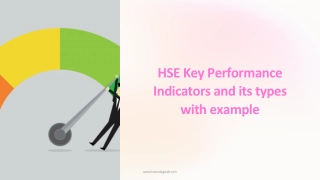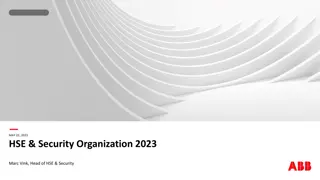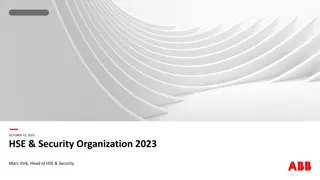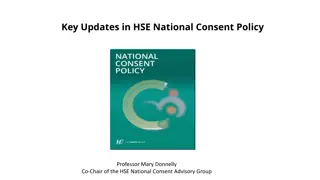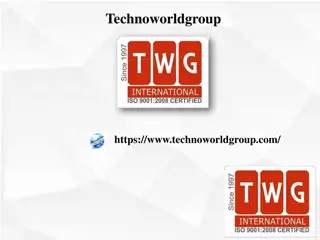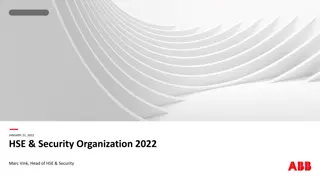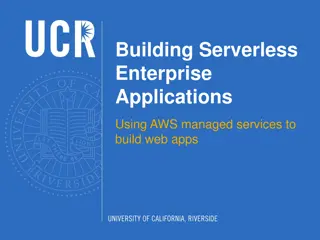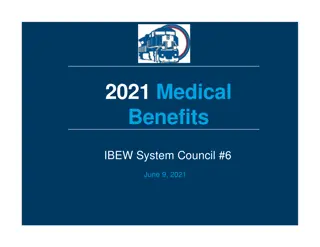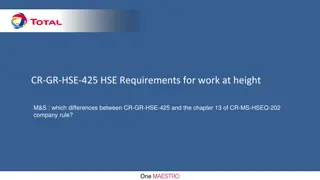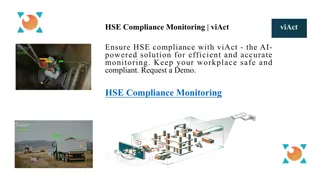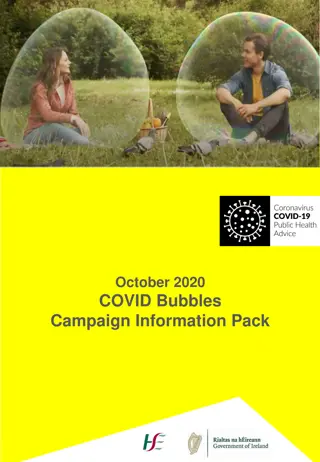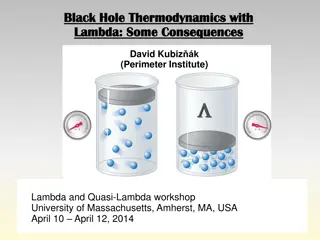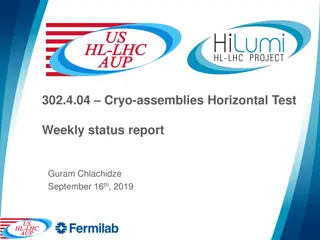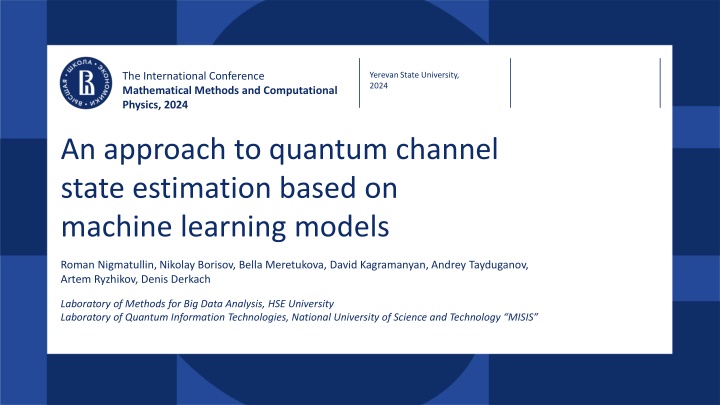
Approach to Quantum Channel State Estimation Through Machine Learning Models
Explore the latest research presented at the International Conference on Mathematical Methods and Computational Physics 2024, focusing on quantum channel state estimation using machine learning models for error correction procedures and algorithm effectiveness comparison. Discover insights into estimating conditional expected values of future error rates and the importance of precise error rate estimation in quantum communication technologies.
Download Presentation

Please find below an Image/Link to download the presentation.
The content on the website is provided AS IS for your information and personal use only. It may not be sold, licensed, or shared on other websites without obtaining consent from the author. If you encounter any issues during the download, it is possible that the publisher has removed the file from their server.
You are allowed to download the files provided on this website for personal or commercial use, subject to the condition that they are used lawfully. All files are the property of their respective owners.
The content on the website is provided AS IS for your information and personal use only. It may not be sold, licensed, or shared on other websites without obtaining consent from the author.
E N D
Presentation Transcript
The International Conference Mathematical Methods and Computational Physics, 2024 Yerevan State University, 2024 An approach to quantum channel state estimation based on machine learning models Roman Nigmatullin, Nikolay Borisov, Bella Meretukova, David Kagramanyan, Andrey Tayduganov, Artem Ryzhikov, Denis Derkach Laboratory of Methods for Big Data Analysis, HSE University Laboratory of Quantum Information Technologies, National University of Science and Technology MISIS
The International Conference Mathematical Methods and Computational Physics, 2024 Laboratory of Methods for Big Data Analysis An approach to quantum channel state estimation based on machine learning models 2 Subject area Devices generate the secret key, used for message encryption The errors in transmitted key are fixed during error correction procedure LDPC-based correction is faster if initial parameters are optimal Precise estimation of error rate (QBER) leads to more effective correction procedure
The International Conference Mathematical Methods and Computational Physics, 2024 Laboratory of Methods for Big Data Analysis An approach to quantum channel state estimation based on machine learning models 3 Problem definition Let ? ? = ?1,?2 ?? - multivariate time series of T points Let ??= (?? Let ??= ??,?? 1 ?? ? previous time series points We want to estimate conditional expected value of the future QBER ?,???1,???2,?? ?,???1,???2) different transmitter characteristics ? ? ????????? = ? ??+1 ??]
The International Conference Mathematical Methods and Computational Physics, 2024 Laboratory of Methods for Big Data Analysis An approach to quantum channel state estimation based on machine learning models 4 Problem definition Main metric for algorithm comparison is correction effectiveness ??? Ratio of information actually used for reconciliation and theoretical estimation of minimum of disclosed information The closer to 1 the better, usually around 1.2 - 1.3 More precise estimation leads to better effectiveness
The International Conference Mathematical Methods and Computational Physics, 2024 Laboratory of Methods for Big Data Analysis An approach to quantum channel state estimation based on machine learning models 5 Existing solution Time series has strong autocorrelation Baseline utilizes exponential smoothing Empirically chosen = 0.33 High mean squared error in non- stationary segments of time series
The International Conference Mathematical Methods and Computational Physics, 2024 Laboratory of Methods for Big Data Analysis An approach to quantum channel state estimation based on machine learning models 6 Machine learning approaches Best algorithms for time series forecasting rely on machine learning Statistical methods exponential smoothing, ARIMA, regression Fully-connected, recurrent and transformer neural networks Gradient boosting on regression trees (GBRT) Ensembles of these algorithms
The International Conference Mathematical Methods and Computational Physics, 2024 Laboratory of Methods for Big Data Analysis An approach to quantum channel state estimation based on machine learning models 7 Gradient boosted exponential smoothing Time series specific modification with ES as first weak learner Does not require additional transformations More effective than neural networks, more precise than ES ? = ???? + ????(?) 2 ????? ?? ????? ????? ?
The International Conference Mathematical Methods and Computational Physics, 2024 Laboratory of Methods for Big Data Analysis An approach to quantum channel state estimation based on machine learning models 8 Forecasting metrics on test datasets Exponential smoothing Kernel regression Multilayer Perceptron Gradient Boosting Gradient Boosted ES Model ARIMA LSTM Transformer R^2 0.42868 0.55983 0.58688 0.58804 0.61842 0.38473 0.62576 0.62838 RMSE 0.00543 0.00477 0.00462 0.00461 0.00452 0.00520 0.00435 0.00434 MAE 0.00336 0.00279 0.00268 0.00267 0.00277 0.00303 0.00252 0.00245 MAPE 0.13154 0.10892 0.10332 0.10085 0.10817 0.11804 0.09703 0.09463 Gradient Boosted ES is the best model by offline evaluation
The International Conference Mathematical Methods and Computational Physics, 2024 Laboratory of Methods for Big Data Analysis An approach to quantum channel state estimation based on machine learning models 9 Experiments Conducted on real transmitters using Thrift microservices Gradient Boosted ES as best model, trained on whole dataset Significant improvement of ??? Mean equality test ?????? 10 6 ??= 1.349,??? ???= 1.368 ???
The International Conference Mathematical Methods and Computational Physics, 2024 Laboratory of Methods for Big Data Analysis An approach to quantum channel state estimation based on machine learning models 10 Experiments Not enough generalization leads to precision decrease with OOD samples GBRT with periodical retraining during runtime for real-time adaptation No significant improvement of ??? Mean equality test ?????? 0.257 ??= 1.229,??? ???= 1.230 ???
The International Conference Mathematical Methods and Computational Physics, 2024 Laboratory of Methods for Big Data Analysis An approach to quantum channel state estimation based on machine learning models 11 Conclusion Proposed forecasting techniques improve the quantum key correction speed in experiments on real transmitters In some condition model performance can decrease due to hard generalization and dominance of stable QBER time series in collected data The study will help advance the research of quantum cryptography and increase the quantum key generation speed in QKD systems
The International Conference Mathematical Methods and Computational Physics, 2024 Laboratory of Methods for Big Data Analysis An approach to quantum channel state estimation based on machine learning models 12 Thank you for attention!

